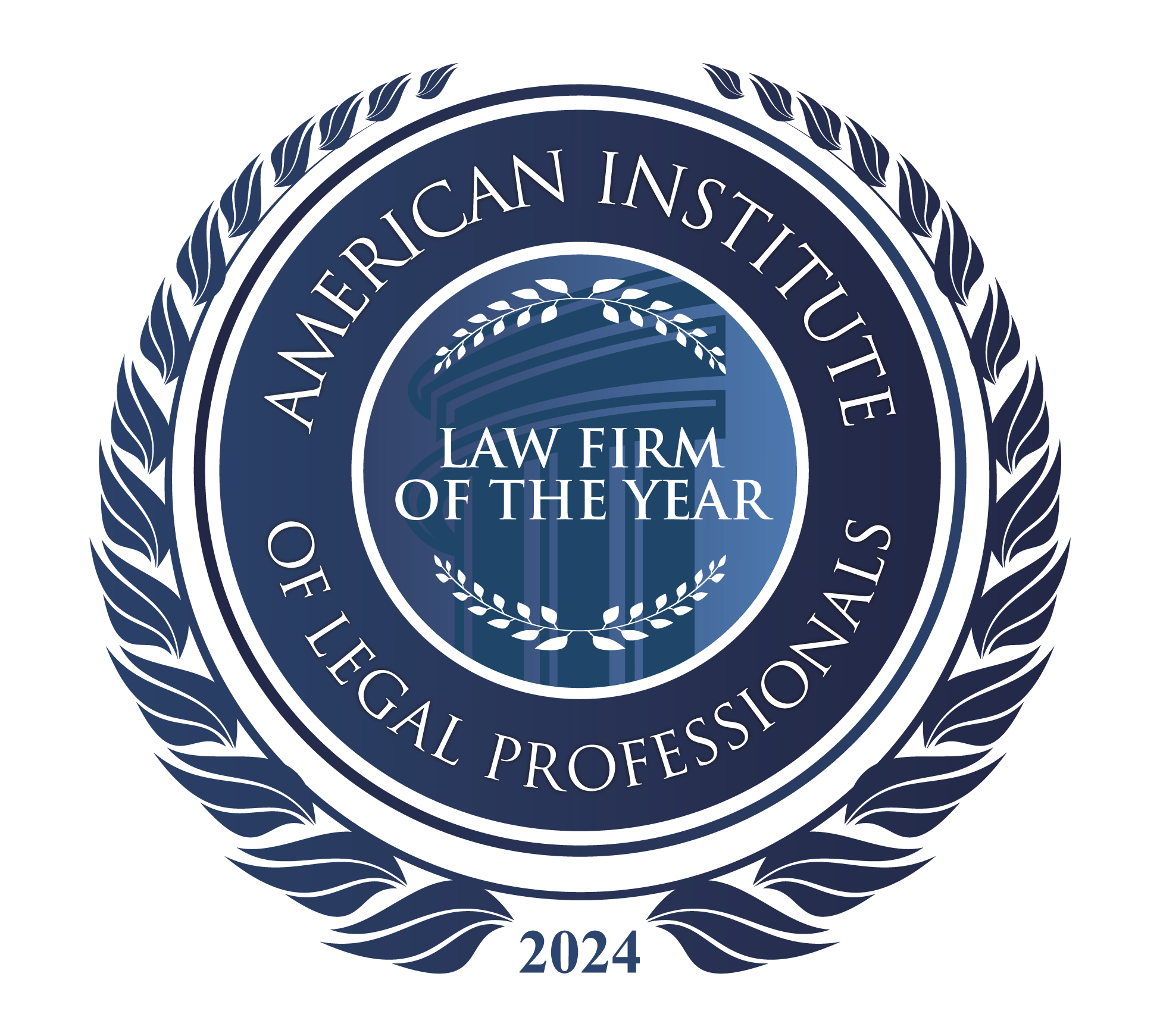
A whistleblower, is someone who reports fraud, corruption, waste, abuse or dangers to public safety to someone who can fix the harm. Whistleblowers are typically people within an organization where the wrongdoing is taking place or even within an organization connected to the wrongdoing organization. However, a whistleblower does not have to be within an organization. Anyone with knowledge of the harm could be a whistleblower.
Think of scientists who worked at tobacco companies or were involved in creating more addictive nicotine on behalf of companies.
Think of the high school graduate trained medical assistant who spent months wading through documents about the Flint water system in Michigan, who reached out to a scientist, and who together uncovered dangerous lead levels in drinking water.
Think of insiders who alerted the federal government about Novartis Pharmaceuticals in the 1980s who paid doctors money (“kickbacks”) to prescribe its medication to patients.
Think of people with inside knowledge that hospitals are charging for a 28 oz of a cream to the federal government when it only provided a 4 oz bottle of cream.
Think of people with inside knowledge of hospitals that make backroom deals with the health insurance industry to set high prices so that the hospitals get paid more while health insurance carriers can raise premiums.
All of these are scenarios, some real, some potential, where a whistleblower can exist.
States and the federal government have laws that allow whistleblower information to be used against the companies or people causing the harm. Federal law provides the False Claims Act. States might have their own false claims acts. Colorado has its own False Medicaid Claims Act for example.
These laws allow whistleblowers to bring claims against wrongdoers as essentially private attorneys general. As a result of bringing these claims for the public good, these laws reward whistleblowers a percentage of the amount a state or the federal government recovers.
As you might imagine, great courage is required for those people who become whistleblowers, but they are not alone. State and federal law protects whistleblowers against wrongdoers who try to retaliate against whistleblowers. A whistleblower may bring suit against the wrongdoer specifically for any retaliation for whistleblowing.
To make a claim against a person or company under the federal False Claims Act (31 U.S.C.A. § 3729), generally, the whistleblower must prove the person or company:
- knowingly presents, or causes to be presented, a false or fraudulent claim for payment or approval;
- knowingly makes, uses, or causes to be made or used, a false record or statement material to a false or fraudulent claim;
- conspires to commit a violation of subparagraph (A), (B), (D), (E), (F), or (G);
- has possession, custody, or control of property or money used, or to be used, by the Government and knowingly delivers, or causes to be delivered, less than all of that money or property;
- is authorized to make or deliver a document certifying receipt of property used, or to be used, by the Government and, intending to defraud the Government, makes or delivers the receipt without completely knowing that the information on the receipt is true;
- knowingly buys, or receives as a pledge of an obligation or debt, public property from an officer or employee of the Government, or a member of the Armed Forces, who lawfully may not sell or pledge property; or
- knowingly makes, uses, or causes to be made or used, a false record or statement material to an obligation to pay or transmit money or property to the Government, or knowingly conceals or knowingly and improperly avoids or decreases an obligation to pay or transmit money or property to the Government.
To make a claim against a person or company under the Colorado False Medicaid Claims (§ 25.5-4-305) generally, the whistleblower must prove the person or company:
- Knowingly presents, or causes to be presented, a false or fraudulent claim for payment or approval;
- Knowingly makes, uses, or causes to be made or used a false record or statement material to a false or fraudulent claim;
- Has possession, custody, or control of property or money used, or to be used, by the state in connection with the “Colorado Medical Assistance Act” and knowingly delivers, or causes to be delivered, less than all of the money or property;
- Authorizes the making or delivery of a document certifying receipt of property used, or to be used, by the state in connection with the “Colorado Medical Assistance Act” and, intending to defraud the state, makes or delivers the receipt without completely knowing that the information on the receipt is true;
- Knowingly buys, or receives as a pledge of an obligation or debt, public property from an officer or employee of the state in connection with the “Colorado Medical Assistance Act” who lawfully may not sell or pledge the property;
- Knowingly makes, uses, or causes to be made or used, a false record or statement material to an obligation to pay or transmit money or property to the state in connection with the “Colorado Medical Assistance Act”, or knowingly conceals or knowingly and improperly avoids or decreases an obligation to pay or transmit money or property to the state in connection with the “Colorado Medical Assistance Act”;
- Conspires to commit a violation of paragraphs (a) to (f) of this subsection (1).
If you believe that you have seen the above committed by a person or company, you can reach out to us.
The next step would be investigating the allegations quietly so that adequate evidence could be obtained.
Once enough evidence is secured, we would file a federal or state lawsuit. That lawsuit would be filed under seal for your protection. In other words, your name and the allegations could not be publicly seen.
After filing suit, we are required, if the claim is under the federal False Claims Act for example, to serve the suit on the federal government.
At that point in time, the federal government decides whether it wants to intervene and take over the lawsuit. If it takes over the lawsuit, it conducts a thorough investigation. If the federal government obtains a settlement or goes to trial and wins a judgment, then the whistleblower is entitled to a reward of a percentage of the amount obtained by the federal government.
If you are tired of big companies cheating taxpayers such that taxes have to be raised, if you are tired of hospitals inflating prices unfairly, if you want to hold companies accountable for lies they make money off of from your government, then this law firm is for you.
Please call Robert Caldwell at the Wilhite Law Firm to set up your meeting today. Your experience matters.






















